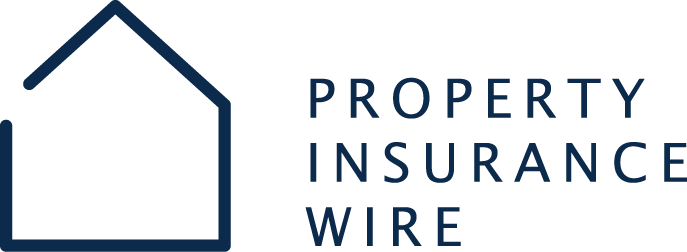American Insurance Association issued the following announcement on June 10.
The following statement can be attributed to Paul Blume, senior vice president, state government and member relations for the American Property Casualty Insurance Association (APCIA).
“The insurance industry stands by its customers who have experienced property damage resulting from the recent civil unrest. Insurers are currently at work assisting customers during the recovery process and every effort is being made to assure prompt assessments and payments for covered claims.
“We can reassure customers that most standard insurance policies for business owners and homeowners provide coverage for property losses related to civil unrest. Automobile damage would be covered under an auto insurance policy where ‘comprehensive’ coverage was purchased. We encourage anyone who has experienced recent property damage to call their insurer, agent, or broker as soon as possible.
“Home, auto, and business insurers are also standing by the commitments made to policyholders during the ongoing COVID-19 crisis by providing additional flexibility and relief to assist customers. For example, insurers will return more than $14 billion to their customers nationwide in response to reduced driving during the pandemic.
“Customer service is the industry’s highest priority and insurers are ready to help their policyholders during these difficult times.”
The following property damage claims information will help expedite the recovery process:
Report your claim promptly: It is very important for policyholders to report their claims to their insurer as soon as possible, so the claims handling process can begin.
Prevent further damage: Check for safety hazards and when it is safe to do so, take steps such as boarding up broken windows or making other temporary repairs to prevent further property damage. Do not attempt to make permanent repairs on your business until an insurance adjuster has inspected the property.
Save receipts: Policyholders should keep receipts for expenses incurred for any repairs that are made on a temporary basis to protect the property from further damage or to restore operations.
Document the damage: Take pictures or video of the damage and preserve any property that may have been destroyed so the insurance adjuster can look at the damaged property. Attach any documentation you can (receipts, photos, canceled checks, credit card statements, warranty booklets) with your claims report.
Only work with reliable professional repair contractors: Ask for and verify references and contact local police, chambers of commerce, or Better Business Bureaus for complaint information involving a contractor. Your insurance company may also have referral options for contractors. Receive at least three bids on the cost to repair or replace damaged property. Secure written bids from the contractor, but don’t sign any contracts or give a deposit until you have communicated with your insurance adjuster.
Hire a professional cleaning service for your place of business: If you or your employees are involved in clean-up efforts, use safety items like proper eyewear, gloves, hardhats, dust masks, and respirators.
Claims handling accommodations for social distancing: Since the beginning of the COVID-19 pandemic, insurers have adopted “virtual” adjusting tools that can be used in the claims handling process and protect the policyholder and the insurer’s staff from the risk of exposure to COVID-19. That said, there are some claims where an in-person inspection will be necessary while observing appropriate social distancing protocols.
Business interruption coverage varies by insurer, so it is important to read your policy and talk with your agent, broker, or insurer to ensure you understand your policy coverages.
Business owners should talk to their insurer about their coverage options: Businesses that are forced to suspend operations or limit hours may have coverage for the loss of income under business income insurance—also known as business interruption. However, this is only triggered if there is direct physical damage to the premises.
Businesses should be ready to gather financial records: Unlike property damage claims, a business income claim will require review of financial records, Keep detailed records of business activity and extra expenses during the interruption period, and prepare records to show the income from the business both before and after the loss. Business owners should begin gathering such records as soon as possible, insurers can help with that process with proper authorization provided by the policyholder. Insurance agents and brokers can help here too, since this kind of information is often part of the application and purchase process.
Find out what type of deductible you have: There may be a dollar amount or time-period deductible that applies to these losses. The terms and conditions of each insurance policy contract will be used to determine coverage and loss payment.
The key is to be safe and contact your agent, broker, or insurer as soon as possible following the event. Insurers are standing by ready to help their policyholders.
Original source can be found here.












 Alerts Sign-up
Alerts Sign-up